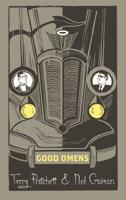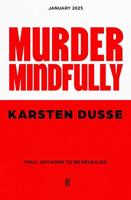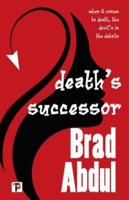Publisher's Synopsis
Penguin Island: A Satirical Fictional History By Anatole France and Translated by A. W. Evans Penguin Island (1908; French: L'Ile des Pingouins) is a satirical fictional history by Nobel Prize-winning French author Anatole France. Penguin Island is written in the style of a sprawling 18th- and 19th-century history book, concerned with grand metanarratives, mythologizing heroes, hagiography and romantic nationalism. It is about a fictitious island, inhabited by great auks, that existed off the northern coast of Europe. The history begins when a wayward Christian missionary monk lands on the island and perceives the upright, unafraid auks as a sort of pre-Christian society of noble pagans. Mostly blind and somewhat deaf, having mistaken the animals for humans, he baptizes them. This causes a problem for The Lord, who normally only allows humans to be baptized. After consulting with saints and theologians in Heaven, He resolves the dilemma by converting the baptized birds to humans with only a few physical traces of their ornithological origin, and giving them each a soul. IN spite of the apparent diversity of the amusements that seem to attract me, my life has but one object. It is wholly bent upon the accomplishment of one great scheme. I am writing the history of the Penguins. I labour sedulously at this task without allowing myself to be repelled by its frequent difficulties although at times these seem insuperable. I have delved into the ground in order to discover the buried remains of that people. Men's first books were stones, and I have studied the stones that can be regarded as the primitive annals of the Penguins. On the shore of the ocean I have ransacked a previously untouched tumulus, and in it I found, as usually happens, flint axes, bronze swords, Roman coins, and a twenty-sou piece bearing the effigy of Louis-Philippe I., King of the French. For historical times, the chronicle of Johannes Talpa, a monk of the monastery of Beargarden, has been of great assistance to me. I steeped myself the more thoroughly in this author as no other source for the Penguin history of the Early Middle Ages has yet been discovered.










